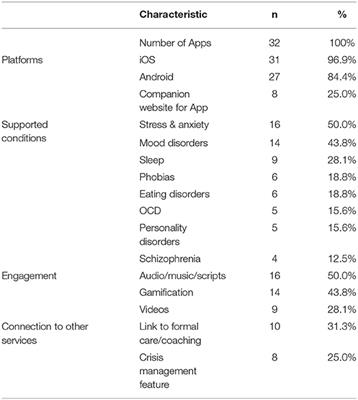EDITORIAL
Published on 21 Jan 2022
Editorial: Responsible Digital Health
doi 10.3389/fdgth.2021.841477
- 2,514 views
- 10 citations
21k
Total downloads
100k
Total views and downloads
EDITORIAL
Published on 21 Jan 2022
ORIGINAL RESEARCH
Published on 18 Nov 2021
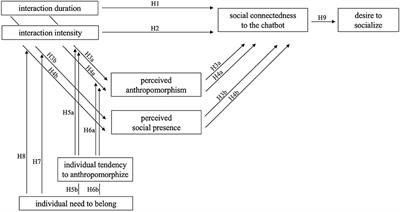
REVIEW
Published on 06 Sep 2021
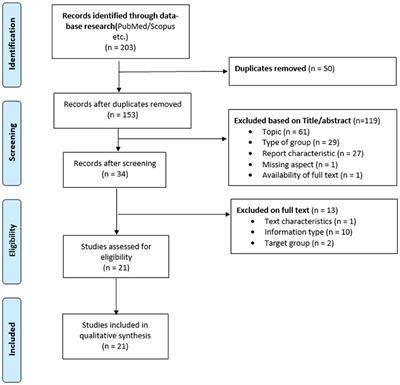
ORIGINAL RESEARCH
Published on 20 Aug 2021
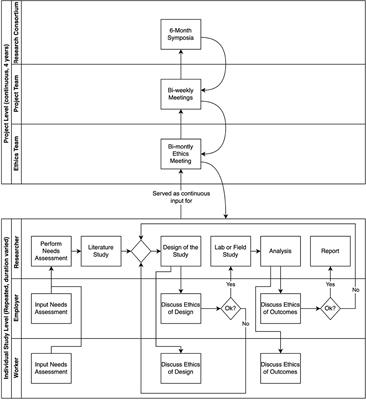
PERSPECTIVE
Published on 06 Aug 2021
METHODS
Published on 15 Jul 2021
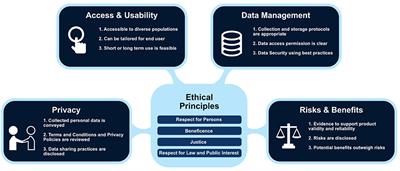
REVIEW
Published on 09 Jul 2021
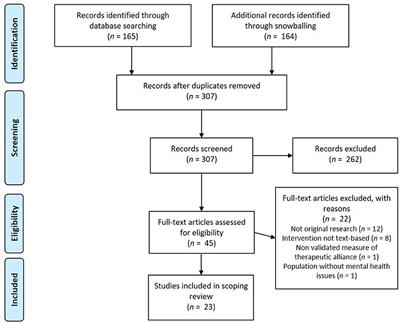
ORIGINAL RESEARCH
Published on 08 Jul 2021

PERSPECTIVE
Published on 02 Jul 2021
REVIEW
Published on 15 Feb 2021
